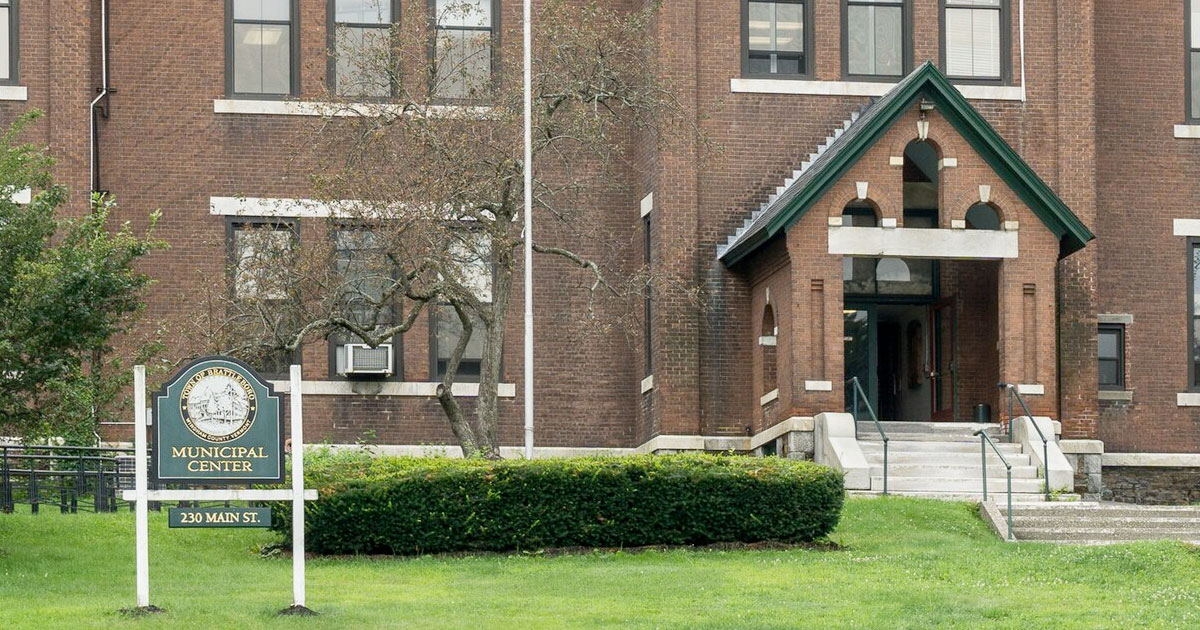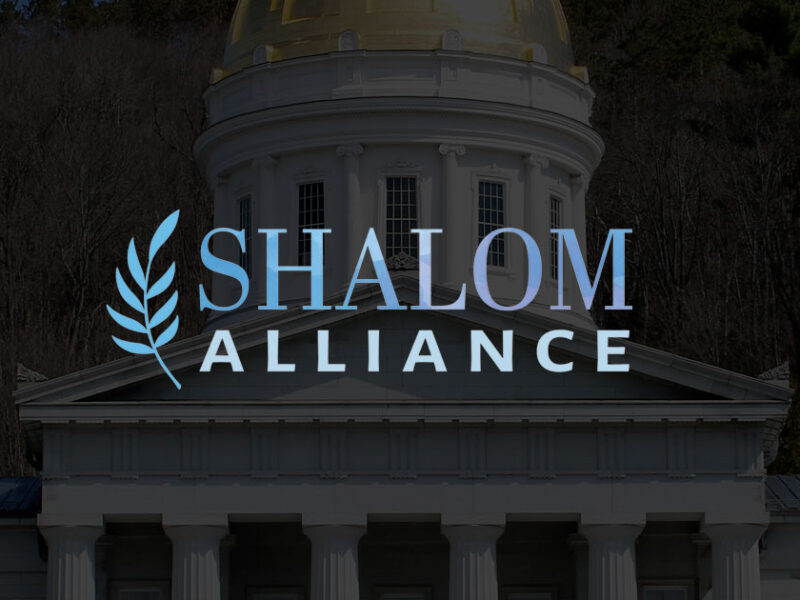One upside of living in a small town like Brattleboro is the ability to foster close, caring bonds with so many of our neighbors. We can look out for one another in more intimate ways than in a big city where it’s easy to remain anonymous. But if we wish to be a town that fully embodies community care, we must treat our most vulnerable community members with respect and dignity. To do so, we must first recognize these people as neighbors, as members of our community — not as disposable or inherently criminal.
On September 3rd, 2024, the Brattleboro Selectboard reviewed a proposal for an “Acceptable Community Conduct” ordinance, a document that claims to protect town safety by setting “clear and compassionate boundaries for acceptable community behavior.” Unfortunately, this perceived sense of safety for some comes at the expense of our already vulnerable unhoused community.
The proposed ordinance outlines a number of prohibited behaviors: “possessing drug paraphernalia, smoking or vaping any substance of any kind, interfering with free passage of people on a sidewalk, solicitation for private benefit in certain areas, and leaving personal belongings unattended”. It then establishes “Behavioral no trespass zones,” defined as specific areas where people in violation of these behaviors can be fined up to $200. These areas include “Public parks and parking lots, […] Pliny Park, Plaza Park, Brattleboro Common, Derby Park, Preston Lot, Harmony Lot, and High Grove Lot,” as well as the Brattleboro Transportation Center and Brooks Memorial Library. To anyone familiar with downtown Brattleboro, we know that these are all areas where our unhoused community spends time. One can extrapolate that “town safety” is a stand-in for the protection of capital over the needs of our community.
The speed and nature of decisions being made without input from those most vulnerable and at risk of violence is concerning. These decisions are moving forward in opposition to the Selectboard-commissioned Community Safety Review and 911 data analysis and in response to pressure from businesses and a citizen minority. We are fearful of the disastrous effects of the approach of further criminalization of those without housing and drug use that we see the Brattleboro Selectboard moving toward. There are alternate ways of addressing community issues, as a community.
The atmosphere around town has changed, and people are nervous: increases in break-ins and petty theft, increased lethality of street drugs, increases in rental and home prices, more unhoused people on the street and those seeking shelter, loss of businesses, and loss of public and third spaces in town. All of these are shared and connected realities. The “chaos” that dominates the conversation in downtown directly results from lost and inadequate resources. Poverty and a lack of housing are the result, not the cause, of economic downturns.
When we speak of public safety, we must commit to all of our neighbors: the youth, unhoused, drug users, locals, elders, tourists, disabled folks — everyone. When people have their vital needs met, they are less likely to be publicly disruptive or commit crimes. Criminalizing those without housing, whether through civil or criminal charges, has been tried time and again throughout the nation and is ineffective (see the resources below). We all want our town to be a joyful, safe place for anyone to come together, and to work together to make that happen.
If we are indeed to consider the Brattleboro community as a family, then town money should be invested in dignified and compassionate solutions to increase quality of life and move away from a dehumanizing “us vs. them” narrative. Town resources should be allocated to meet human needs, not penalize “bad behavior.” The ordinances highlight shared concerns across our community about public cleanliness, access and usage of public spaces, youth safety, and a discomfort with visible suffering. But why treat the symptoms when you can treat the cause?
Citations, whether civil or criminal, do not reduce the suffering that leads to disorderly conduct: they only increase it, as such legal challenges make it harder to find and keep housing and work. Offering social service alternatives to citations is a good idea, but there are nowhere near enough local recovery options or halfway houses to support this practice. Trespass citations can’t work when there’s nowhere for people to go. And penalizing mental health struggles, from which so many people from all walks of life suffer, is a dangerous and slippery slope for our town.
The Selectboard should reject the proposed ordinances and reconsider a shared path forward. The following suggestions are proven solutions and alternatives to criminalization:
- Drinking water stations around town
- Publicly accessible bathrooms and showers
- Storage lockers
- Sharps containers with regular maintenance
- Heating and cooling stations
- Street medics and mental health workers, rather than more police
- A community-maintained community center
- Alternatives to 911 for non-criminal crises
- Access to Narcan/overdose response kits
- An overdose prevention center
- Free fridges and mini food pantries
- Free access to health and sanitary supplies
- Free access to education on health and safety
We all wish to live in a safe, dynamic, healthy community, where care for our neighbors takes precedence over all else.
If you also wish to move past this us vs. them narrative and toward community care, please sign this petition to oppose the new proposed behavioral ordinances in Brattleboro, VT.
Resources for further reading:
- The Wrong Approach to Homelessness – National Low Income Housing Coalition
- “Housing Not Handcuffs” Report – National Law Center on Homelessness & Poverty
- “Housing Not Handcuffs” Video – National Law Center on Homelessness & Poverty
- The Impact of Socioeconomic Facts on Crime Rates – Jason Vargas, Northwestern University
- Understanding Drug Use and Addiction – National Institute on Drug Use
- “Why Addicts Shouldn’t be Criminalized” Video – Nora D. Volkow
- “The war on drugs isn’t working. Here’s a better way” Video – Kathryn Leafe



